Driving Clean Energy Transition Across Multiple Sectors in the Maldives
Fueling the Isles
February 11, 2024
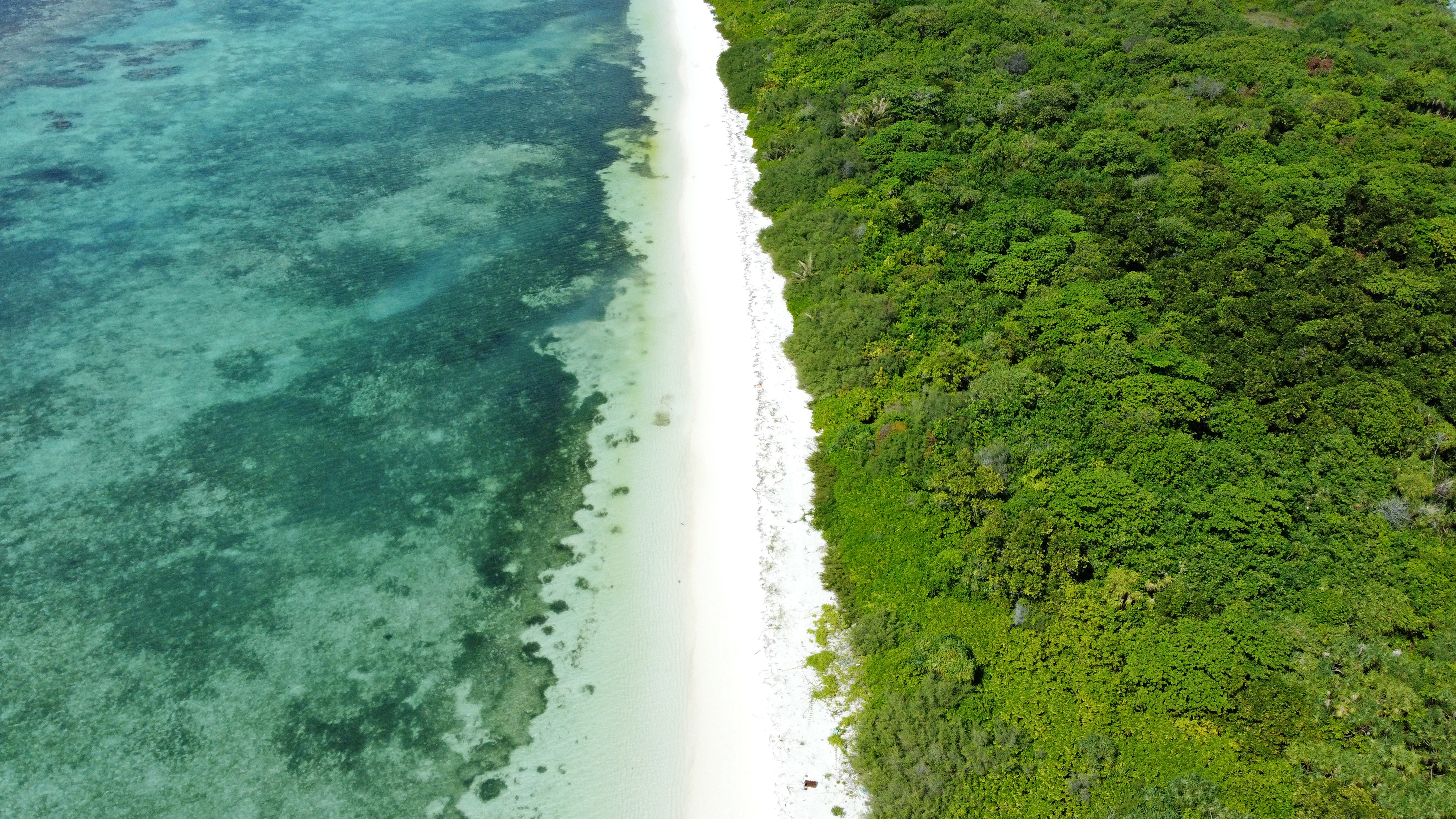
The UN’s Global Roadmap[1] sets out milestones the world must reach to achieve net-zero emissions by 2050. To date, more than 70 countries now have net zero targets either enshrined in legislation or outlined as a goal in policy documents[2],illustrating the real investment and commitment to the energy transition. Maldives in fact revised its target, stating that the country can become net-zero as early as 2030 with international support.
The United Nations Development Programme (UNDP) and our Partners at Core[3] such as Japan, are stepping in to help, spearheading initiatives aimed at promoting energy transition and fostering sustainability across diverse sectors beyond investing in power generation and renewable energy installations. UNDP recognizes that change needs to happen across all sectors and energy security and transition needs to be embedded into the core of every development sector. Through strategic partnerships and innovative solutions, our interventions are reshaping the Maldives' energy landscape, driving progress and resilience to achieve the climate goals of this Small Island Developing State.

One of the EV buses making its rounds around Villimale.
Making the Transport Sector a Decarbonization Priority
The exponential growth of vehicles in capital Male', exacerbated by urbanization and population increase, has led to a surge in carbon emissions and poor air quality. To address the escalating emissions from the transport sector, UNDP’s collaboration with the Ministry of Transport and Civil Aviation to promote energy transition, saw the installation of the capital’s first five charging stations for a solar-backed electric vehicle (EV) minibus route in the Greater Male’ Region. The charging stations backed by solar panels signify a paradigm shift in urban transportation, offering cleaner and greener alternatives to conventional vehicles, and marks a significant milestone in the Maldives' journey towards sustainable mobility.
This is an initiative supported under UNDP’s Climate Promise, generously funded by the People and Government of Japan. With the introduction of electric minibuses powered by renewable energy, the initiative aims to mitigate environmental degradation while meeting the city's mobility needs. The mission is to tackle the climate crisis and create momentum to accelerate the transport sector’s contribution in achieving the Nationally Determined Contributions (NDCs).
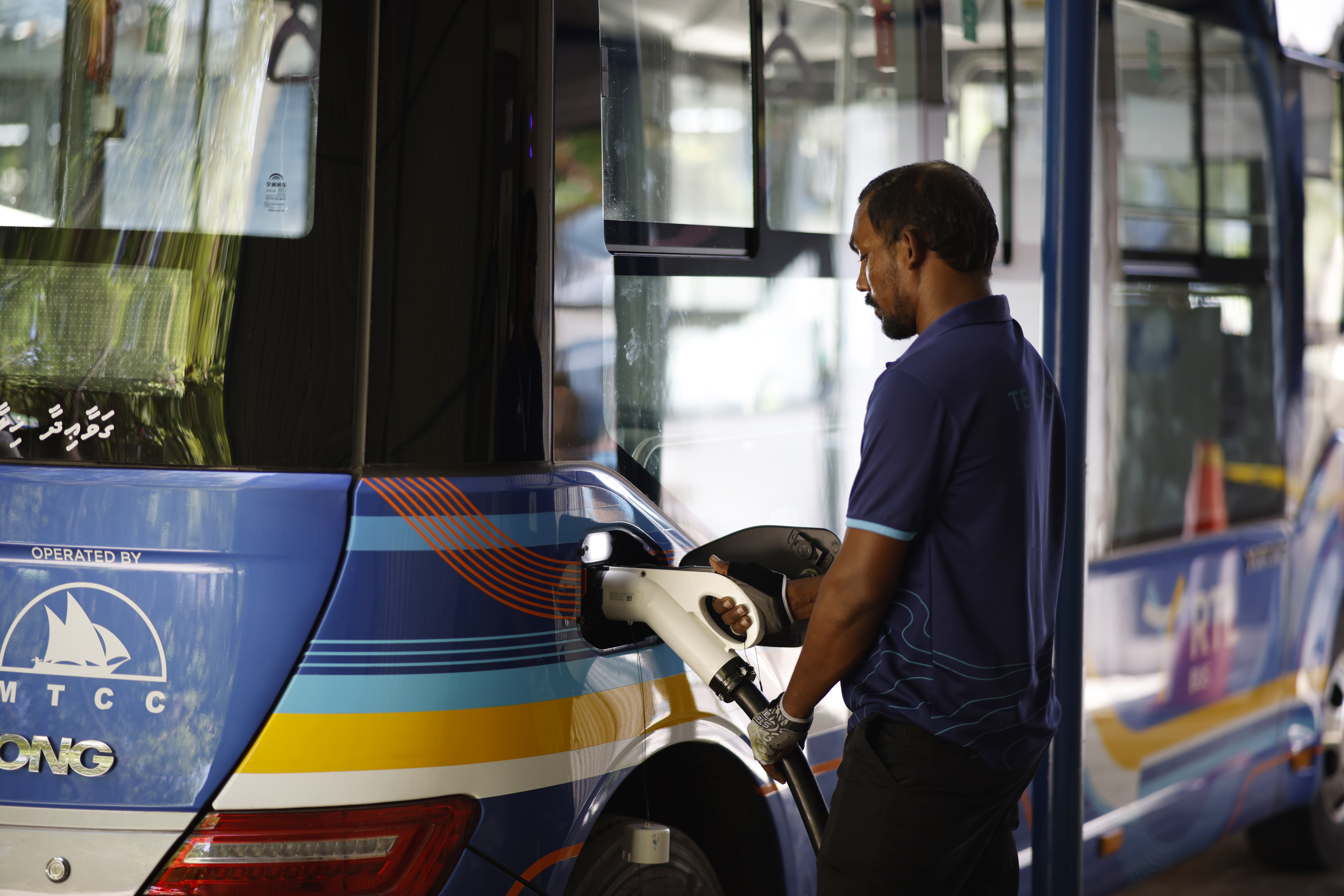
Charging the ev buses.
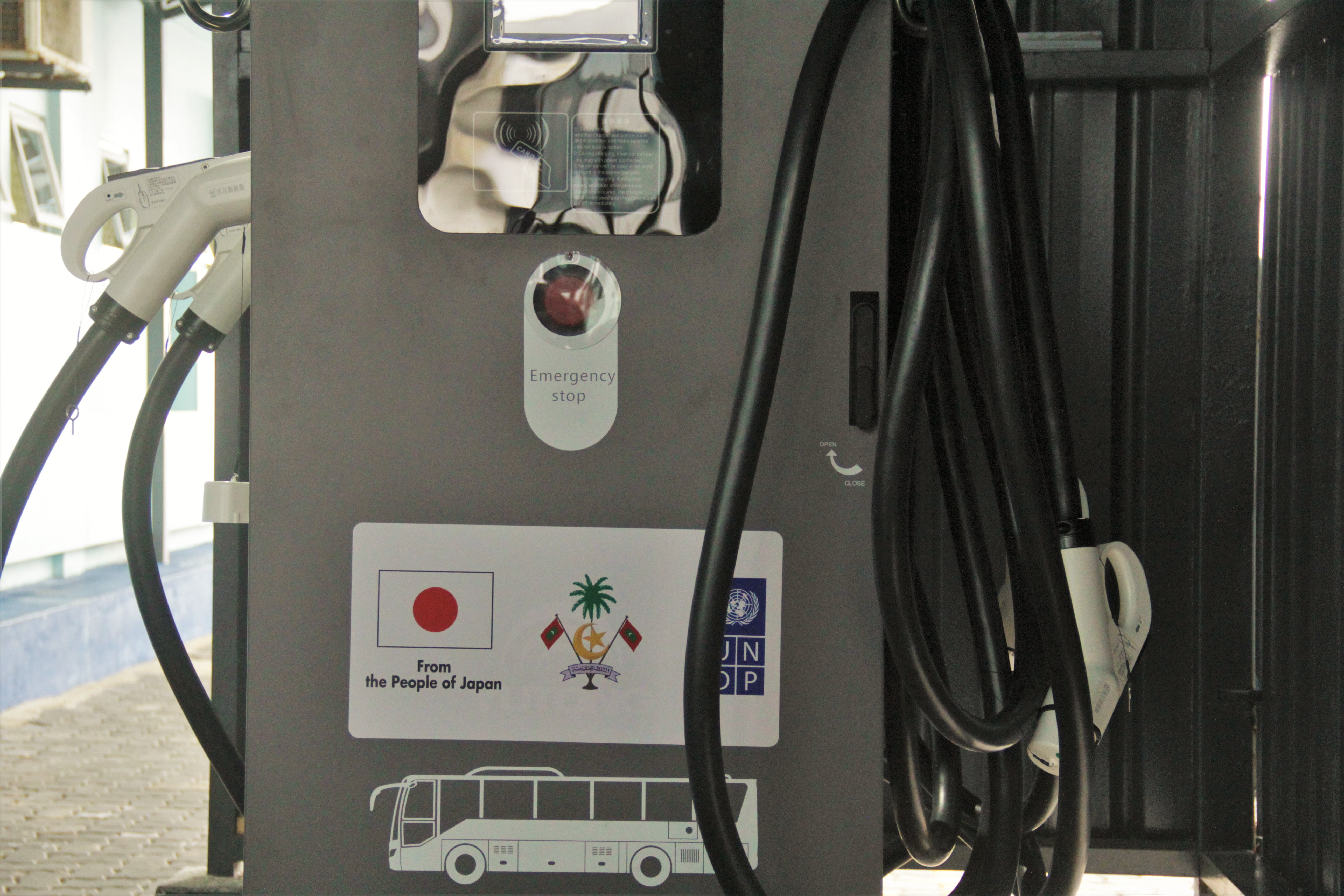
Solar charging stations of the EV bus.

Passengers on the EV buses.
Our green mobility initiatives extend beyond the capital region directly to communities: the inauguration of the first community-built solar charging station on Raa Atoll Vaadhoo Island, supported under the Global Environment Facility (GCF) Small Grants and UNDP underscores the democratization of sustainable mobility. Taken together, we are transforming transportation by shifting towards a sector fuelled by renewables, and powering communities to embrace greener surrounds and lifestyles.

EV mini bus in Raa Vaadhoo island.
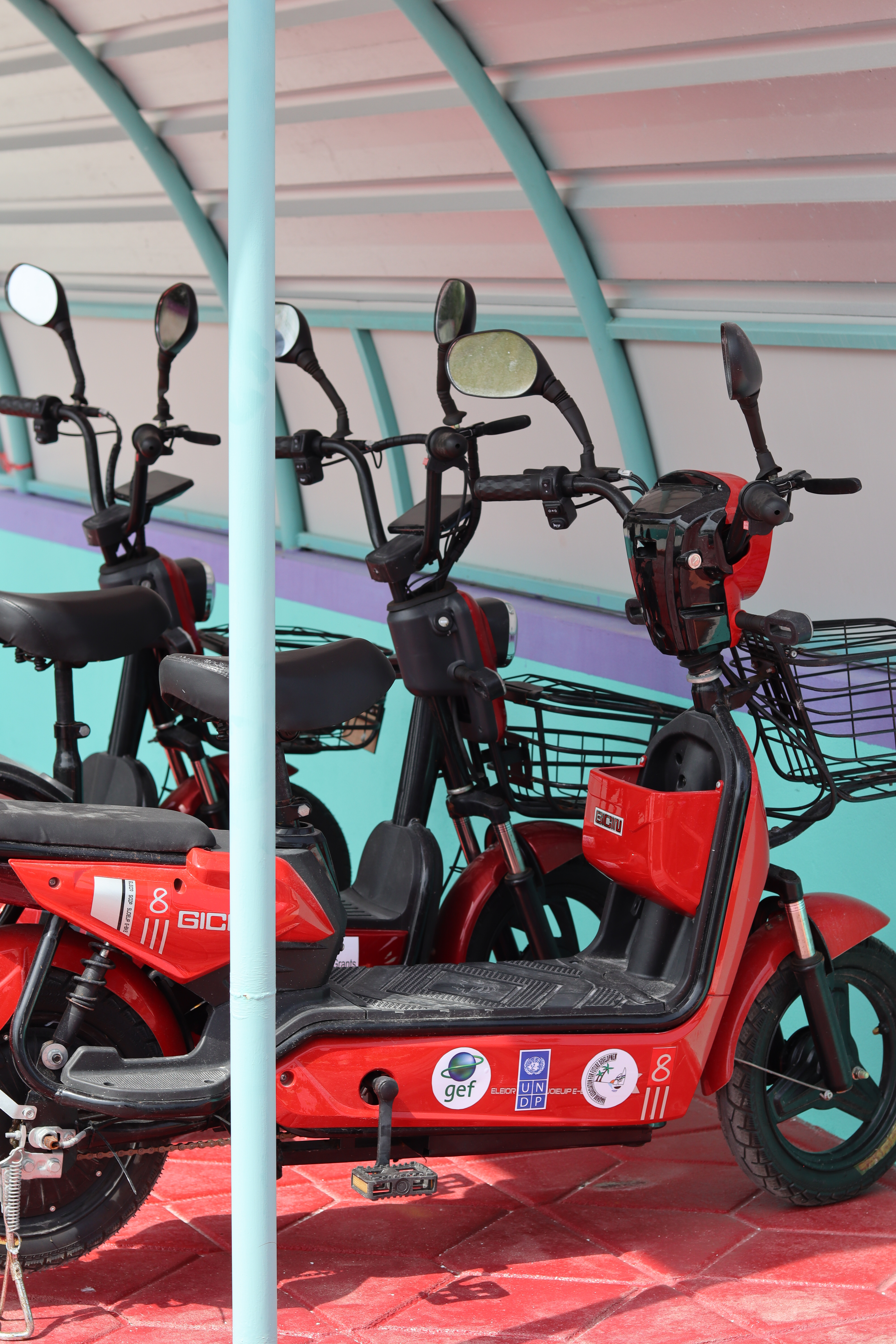
EV scooters in Raa Vaadhoo island.
Harvesting Sustainability: Greener Agro Solutions
In rural areas, UNDP's commitment to energy transition also extends to the agricultural sector, where solar-backed cold storage units are revolutionizing post-harvest practices.
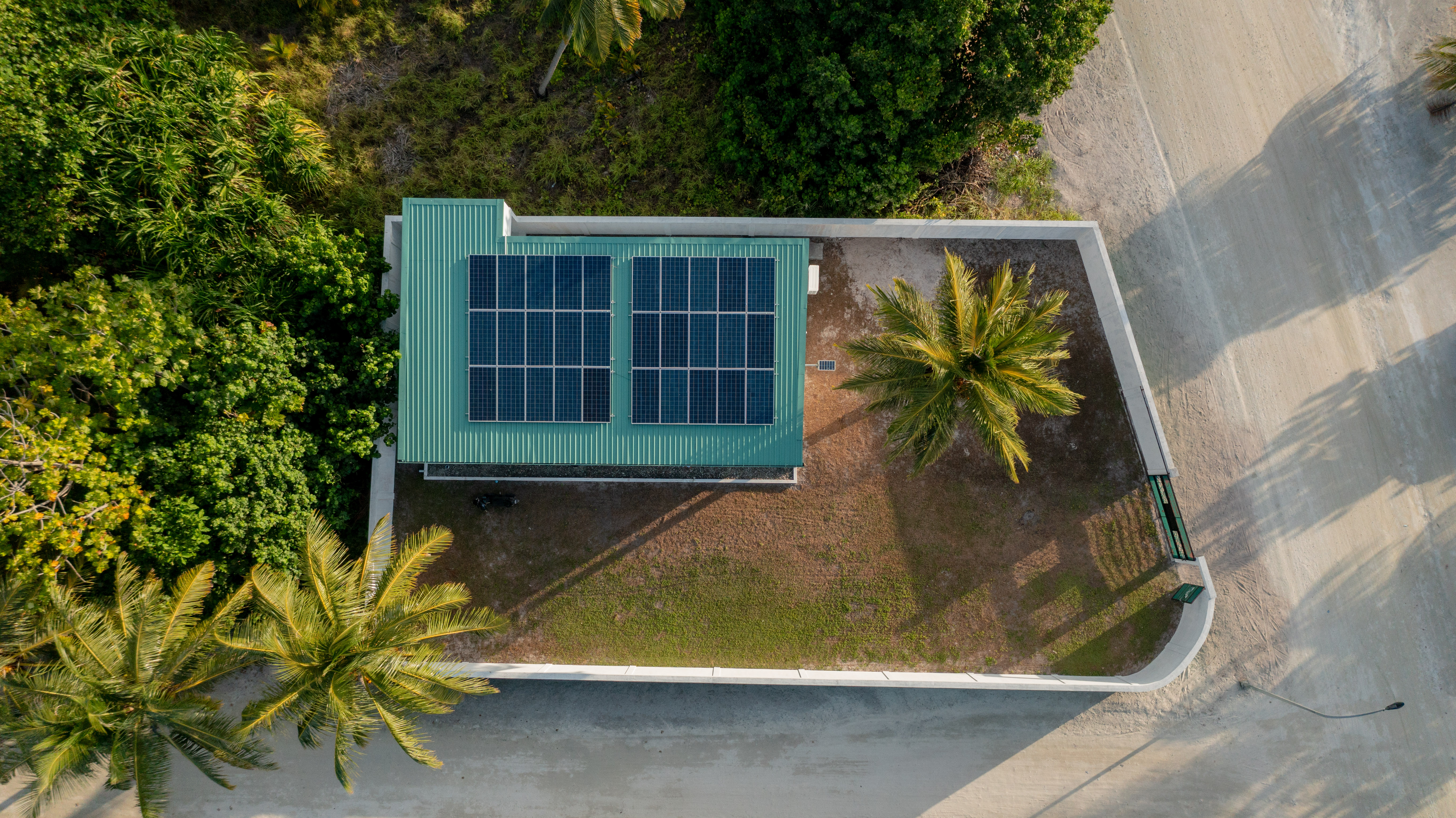
Solar panels on the cold storage facility in Laamu Gan
In Laamu Atoll, two solar-backed cold storage units, installed in collaboration with the Ministry of Fisheries and Ocean Resources, Ministry of Agriculture and Animal Welfare and the AgroNational Corporation, generously supported by the Government and People of Japan, is empowering local farmers to preserve agricultural produce efficiently while adapting to climate-related uncertainties.
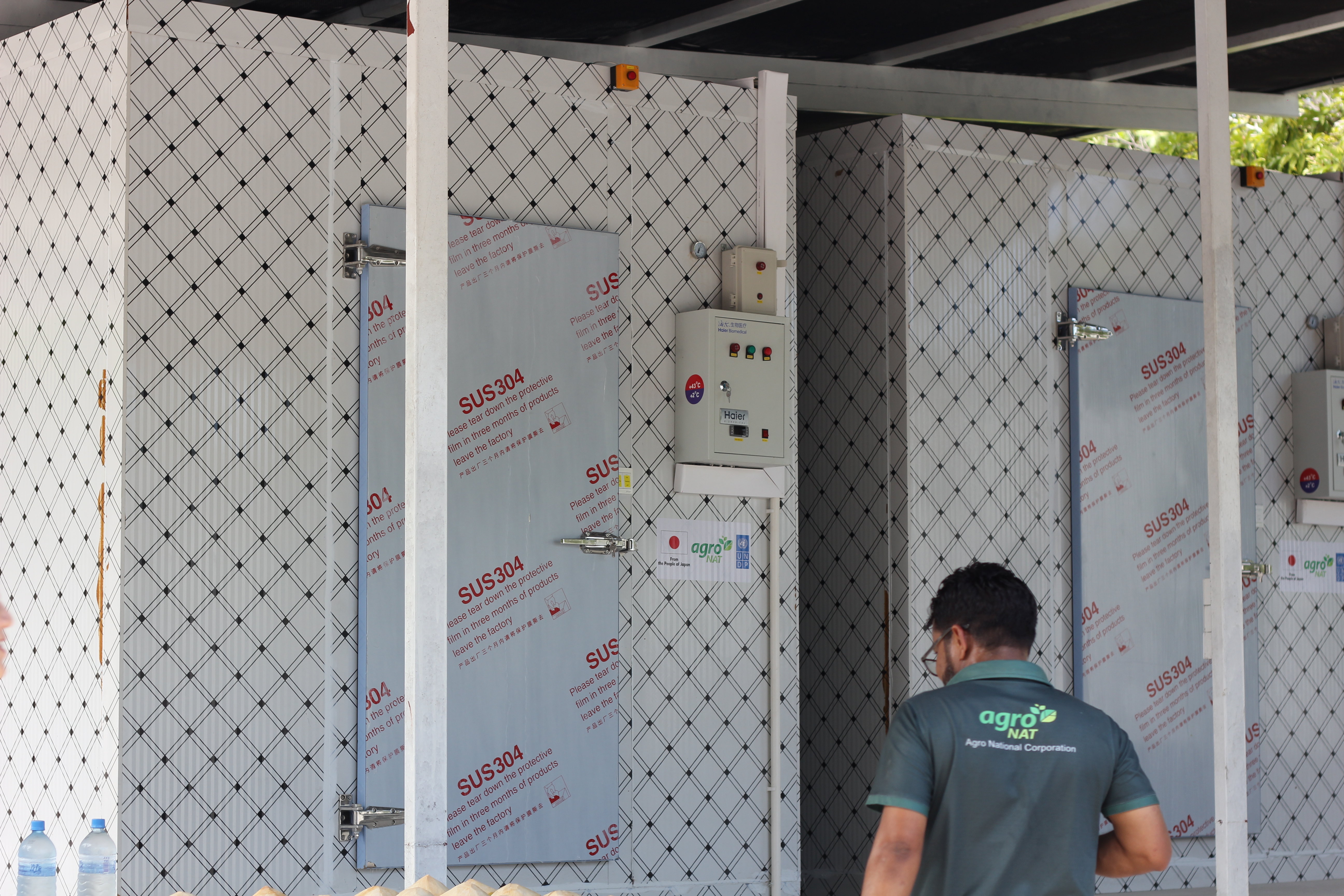
Agronat officials outside the cold storage facility in Laamu Atoll
This sustainable infrastructure not only enhances food security but also fosters economic resilience and climate resilience in the face of changing environmental conditions.
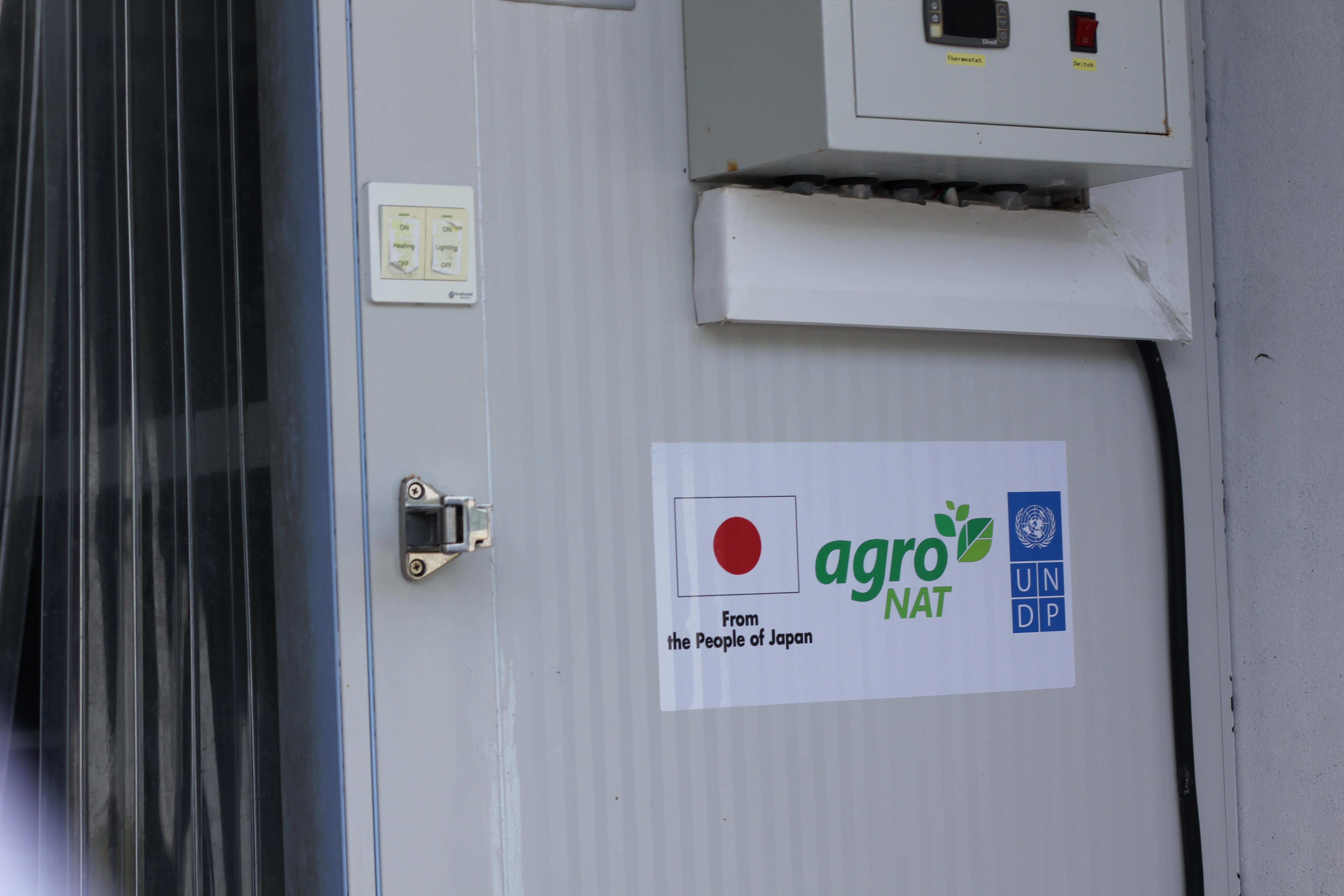
Signage outside the cold storage facility
Navigating to Smarter Marine Technologies
Beyond land-based initiatives, UNDP's efforts extend to the marine transport sector, where the construction of the country's first fuel-efficient hybrid marine vessel heralds a new era of sustainable supply chains in the agriculture sector.
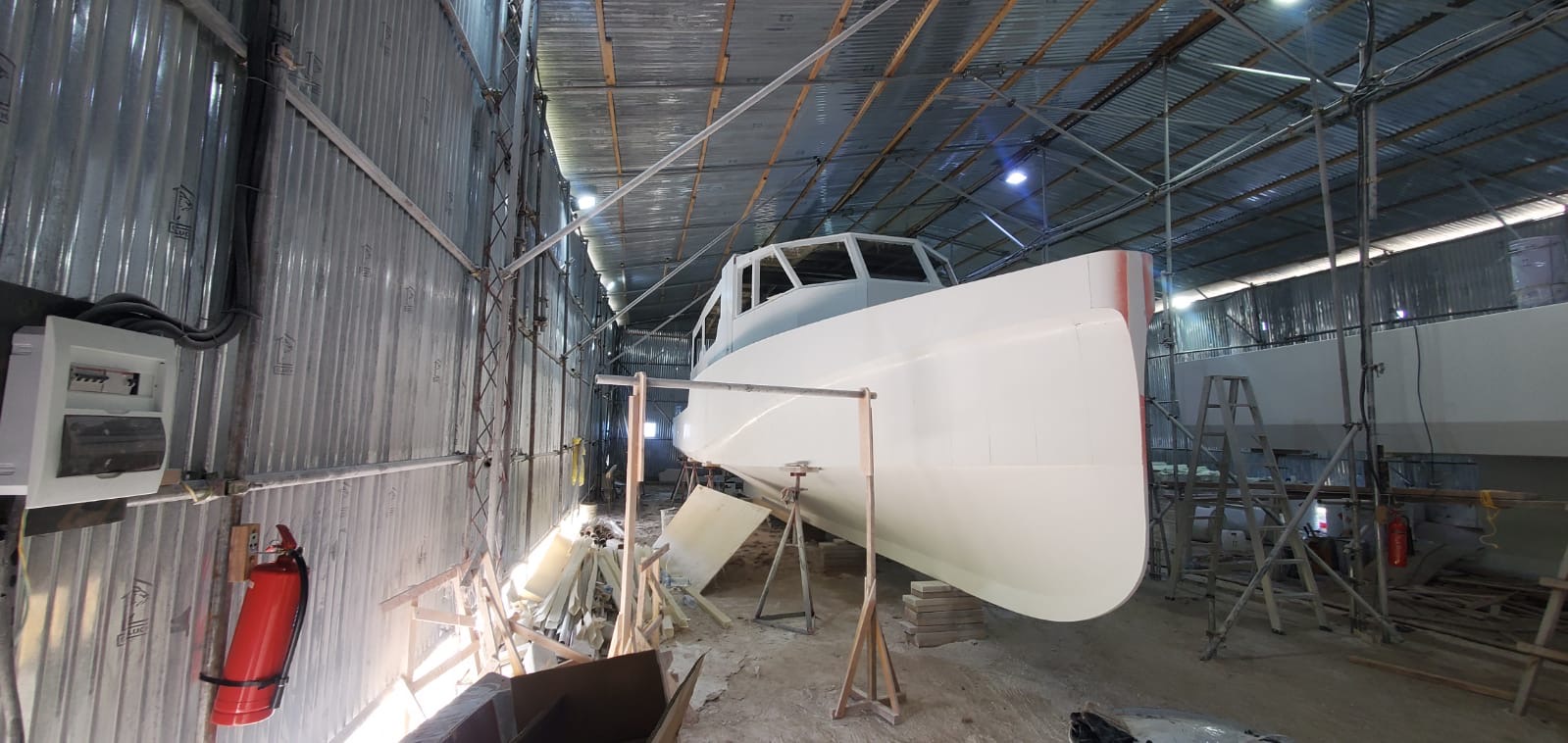
Agroboat under construction
Supported by the Government of Japan, with collaborative efforts between the Ministry of Economic Development and Trade, Ministry of Fisheries and Ocean Resources, Ministry of Agriculture and Animal Welfare, Agro National Corporation and technical expertise of Maldives Police Service, the Agri-boat initiative seeks to optimize transportation mechanisms, enabling timely delivery of agricultural produce from farms to markets across the Maldives – all on a significantly lower carbon footprint to conventional alternatives. Equipped with solar-powered cold storage units, the Agri-boat minimizes fuel consumption and carbon emissions, aligning with the Maldives' vision of a greener and more sustainable transport, food security and livelihoods options.
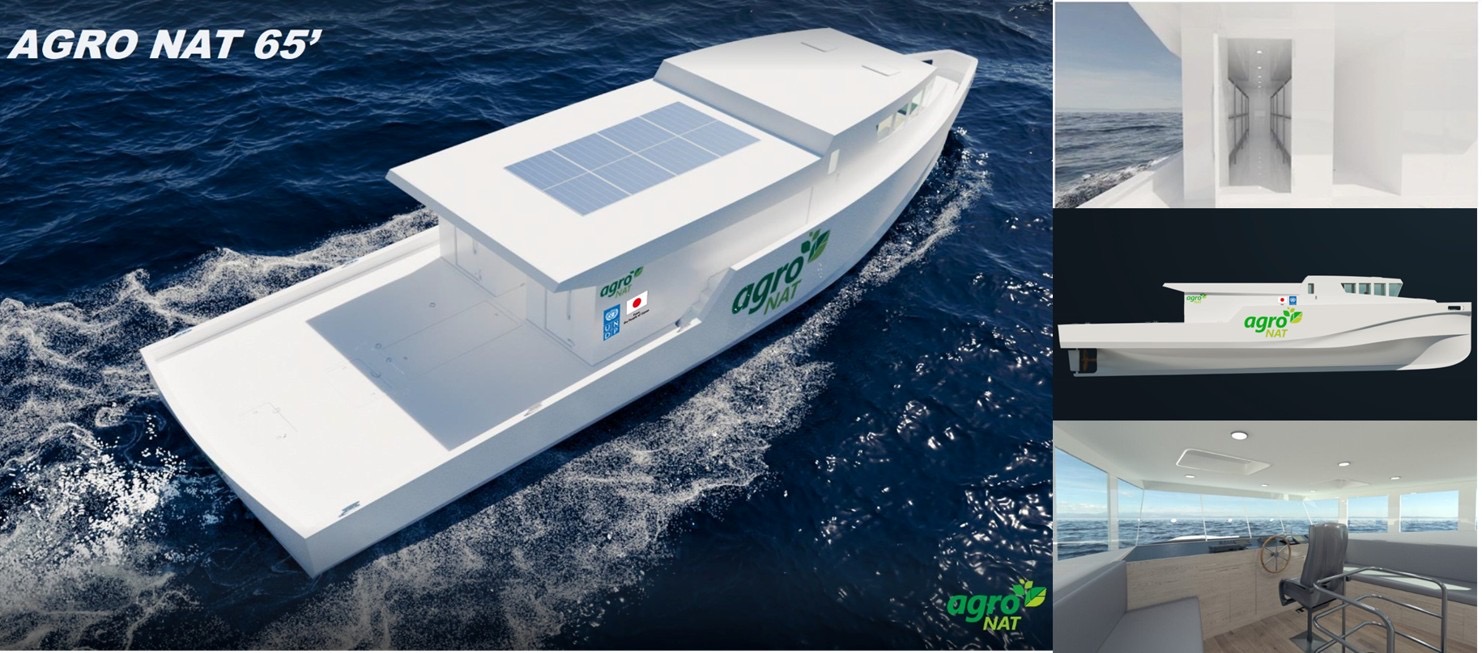
Agroboat modelling
Towards An Ecologically Sustainable Health Sector
At the core of Maldives development policy is low carbon growth, environmentally sustainable and resilient smart health-care services, and addressing factors affecting environmental health.
To accelerate the transition towards sustainable transport, in the healthcare sector, the commitment of UNDP and the Ministry of Health - aided by the generous backing of the Government and People of Japan - to energy transition is evident in the procurement of electric vehicles for the transport of healthcare waste. By transitioning to electric-powered transportation solutions, the Maldives is not only reducing its carbon footprint but also promoting environmentally sustainable waste management practices, safeguarding public health and well-being.

Vehicles procured for healthcare waste disposal
Together with our partners such as the Government of Maldives and Japan, UNDP's multifaceted approach to energy transition underscores our commitment to fostering sustainability and resilience across diverse sectors in the Maldives. Through strategic cross-sector partnerships, innovative solutions, and community engagement, we are driving transformative change, paving the way for a more sustainable and prosperous future for people and nature.
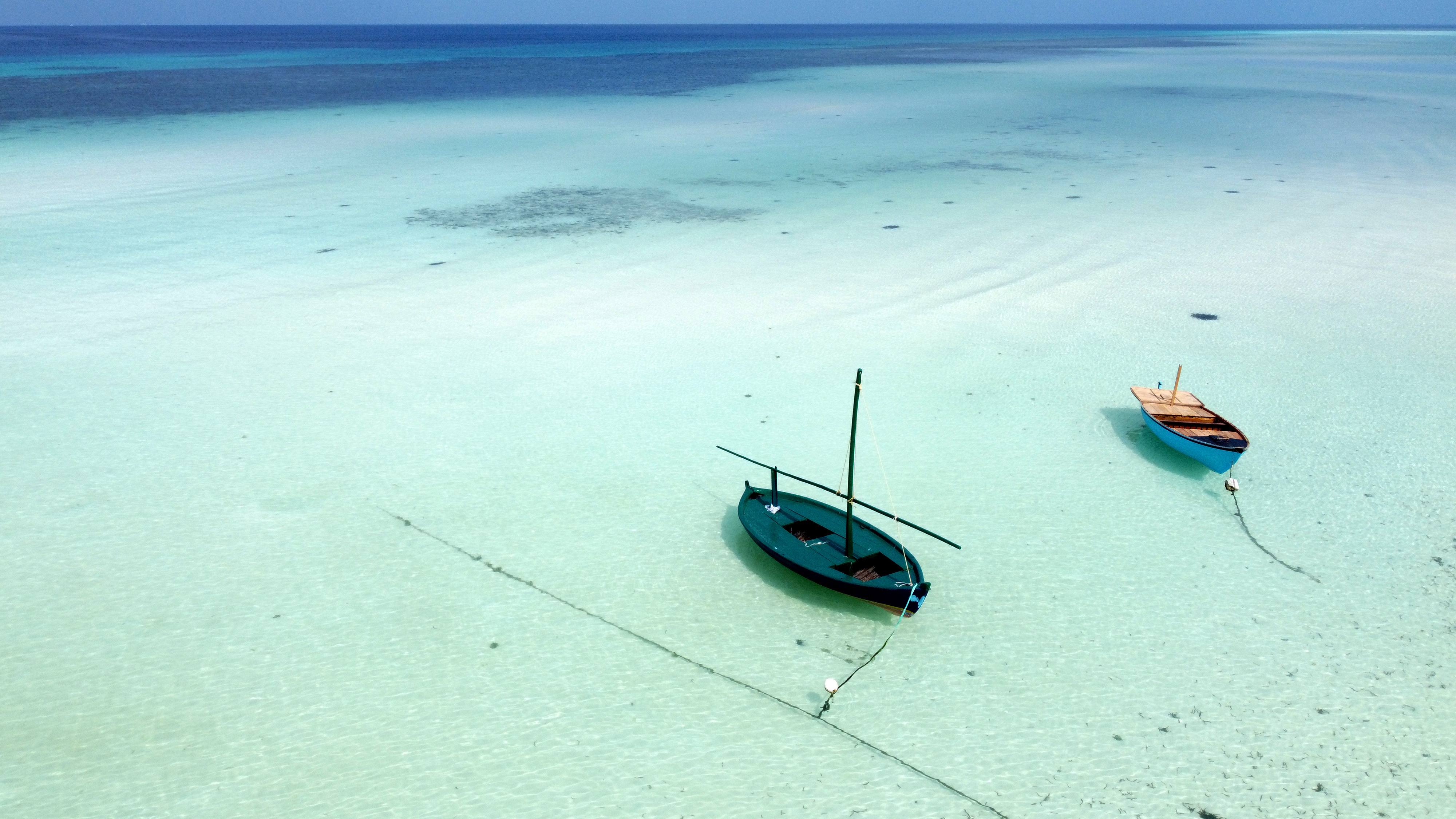
[1] Global Roadmap | United Nations
[2] Net_Zero_Stocktake_2023.pdf (edcdn.com)
[3] Regular resources contributors | United Nations Development Programme (undp.org)

 Locations
Locations